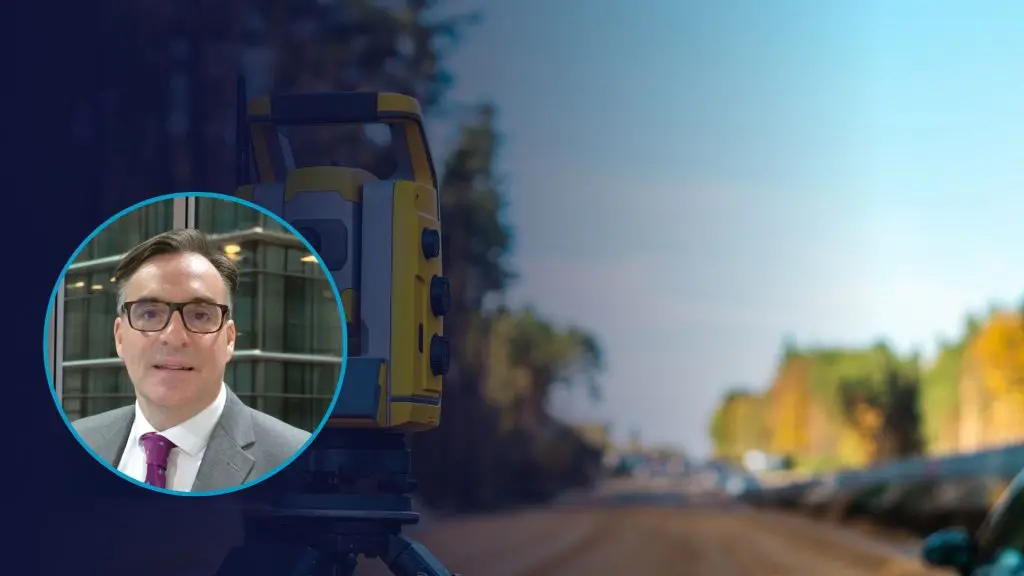By David Ascott, Founder
The surveying industry stands at a pivotal crossroads. Rooted in centuries of precision and detail, the profession is now being reshaped by rapid technological innovation, shifting client expectations, and evolving environmental and regulatory demands. As we look ahead, the future of surveying promises a blend of opportunity and challenge, with those who embrace change positioned to lead the next era of spatial intelligence.
- The Rise of Digital Twins and BIM Integration
Surveying is no longer just about producing plans. It’s about enabling intelligent decision-making. As Building Information Modelling (BIM) continues to evolve and merge with Digital Twin technologies, surveyors are becoming key enablers of data-rich, real-time environments. Future-ready survey firms are already integrating 3D laser scanning, photogrammetry, and LiDAR with BIM workflows to offer clients immersive, accurate, and collaborative datasets that extend well beyond the construction phase.
What’s next: Expect wider adoption of AI-assisted modelling, automated clash detection, and continuous as-built verification through sensor feedback.
- Automation and AI: Enhancing, Not Replacing
Drone surveys, mobile mapping systems, robotic total stations, and AI-driven processing are streamlining traditional workflows. While some fear automation may replace roles, the reality is more nuanced. These tools enhance accuracy, speed, and safety, freeing skilled professionals to focus on interpretation, consultancy, and quality control.
The outlook: Surveyors who combine technical know-how with strategic thinking and digital fluency will remain irreplaceable. Future teams will be smaller, smarter, and more multidisciplinary.
- Sustainability as a Driving Force
Net Zero targets and climate resilience are transforming the built environment, and surveying is essential to this change. From embodied carbon assessments to landscape and flood surveys, environmental data collection is a growing discipline within geospatial services. Clients will increasingly demand sustainability-led insights at the pre-design and planning stages.
Emerging trend: Carbon footprint mapping and remote monitoring tools (e.g., for tree canopies or flood risk) will become standard offerings, requiring new skill sets and equipment.
- The Talent Challenge and Skills Gap
The industry faces an ageing workforce and a shortage of new entrants, especially in specialist areas like utility mapping and 3D modelling. Attracting digital natives will require a shift in brand perception, better outreach to schools and universities, and modern training pathways.
The opportunity: Apprenticeships, virtual internships, and gamified training tools can bridge the gap. Forward-thinking firms will position themselves as tech employers, not just construction service providers.
- Regulation, Data Security, and Ethics
As geospatial data becomes more powerful, its governance becomes more critical. Clients, especially in public and infrastructure sectors, are demanding transparency, compliance, and data security assurances. Surveyors will need to understand ISO standards, data protection laws, and ethical considerations in areas like drone surveillance or facial mapping.
Strategic shift: Professional bodies and firms must lead in setting ethical frameworks and cybersecurity protocols, building trust in an increasingly data-sensitive world.
- Client Expectations Are Evolving
Speed, clarity, and digital delivery are the new baseline. Clients no longer want PDFs, they expect web portals, 3D viewers, and collaborative platforms. Communication, UX, and speed of delivery will define competitive advantage more than just technical competence.
The shift: Surveyors are no longer data suppliers; they are project partners. Building digital interfaces, real-time dashboards, and client education into service delivery is fast becoming the norm.
Final Thoughts: Adaptation is the Advantage
The surveying profession is not dying, it’s evolving. Those who cling to legacy methods may struggle, but those who adapt will thrive. Whether through upskilling, investing in tech, or reimagining the client experience, the future surveyor will be more than a measurement specialist, they will be a strategic advisor, digital consultant, and sustainability enabler.
In the next decade, success won’t be defined solely by how accurately we measure space, but by how meaningfully we help shape it.
Blog Post; August 2025, Kaitlyn Henry

